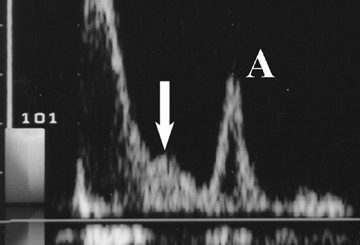Raised intracranial pressure
Contents
- 1 Parinaud’s syndrome in children results from
- 2 Not true of physiology of CSF flow is
- 3 Most accurate method of intracranial Pressure Monitoring is
- 4 Contraindications for placement of an invasive mode of ICP monitoring include all except
- 5 Which is not true regarding ICP waveforms
- 6 All of the following are treatment of persistent increased intracranial pressure except
- 7 In short
Parinaud’s syndrome in children results from
A. Cerebral herniation
B. Dorsal midbrain compression
C. Choroid plexus tumor
D. Hypervitaminosis A
Not true of physiology of CSF flow is
A. Secreted by the choroid plexus in the lateral ventricles
B. Travels to the third ventricle via the foramen of Monroe
C. From the third ventricle, CSF reaches the fourth ventricle through the aqueduct of Sylvius
D. From the fourth ventricle it is reabsorbed into the dural venous
Most accurate method of intracranial Pressure Monitoring is
A. Serial CT scans
B. Transduced ventriculostomy
C. Lumbar CSF pressure
D. Transcranial ultrasonography
Contraindications for placement of an invasive mode of ICP monitoring include all except
A. Use of anticoagulant drugs
B. Scalp infection
C. Absent basal cisterns
D. Brain abscess
Which is not true regarding ICP waveforms
A. P1 (percussion wave) due to arterial pulsation
B. P2 (tidal wave) represents brain compliance
C. P3 (dicrotic wave) owing to aortic valve opening
D. Lundberg B and A waves suggest decreasing brain compliance
All of the following are treatment of persistent increased intracranial pressure except
A. Hyperventilation
B. Heavy sedation and paralysis
C. Hypo osmolar therapy
D. Hypothermia
In short
- Acutely raised ICP is a neurological emergency. The presentation includes: Headache, Nausea and vomiting, Diplopia and blurred vision, Drowsiness then coma
- Lumbar puncture in the setting of raised ICP can result in downward herniation of brain structures.
- Fundoscopy can detect papilloedema, but this takes time to develop so may be absent in the acute phase.





